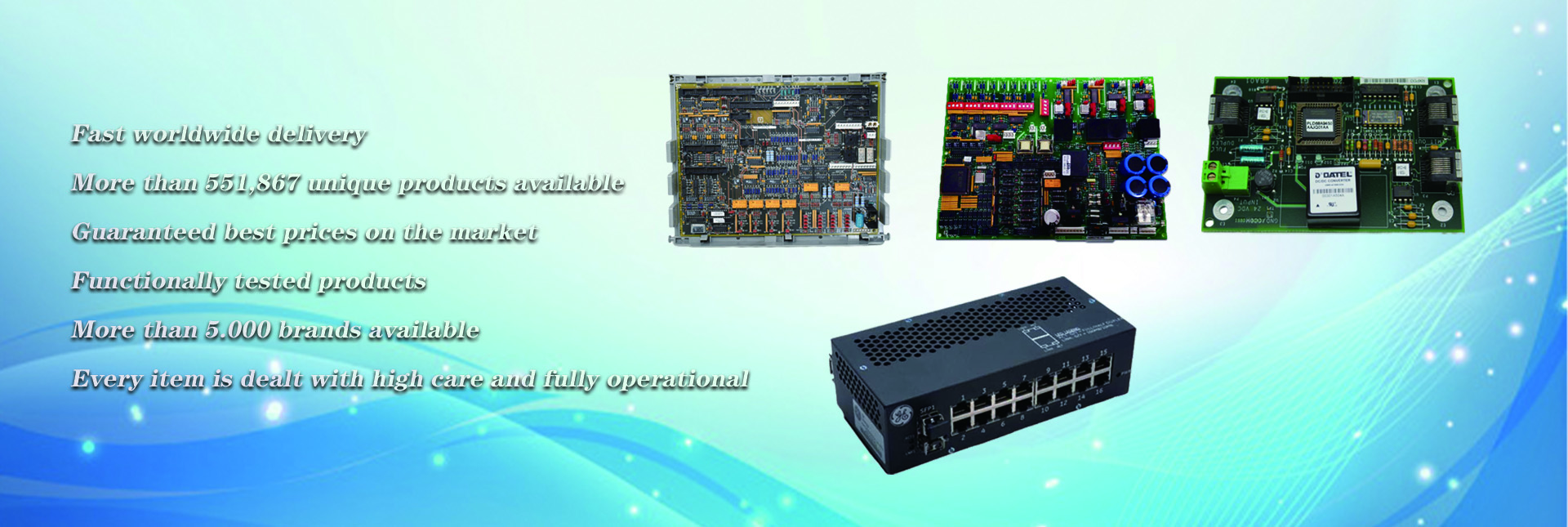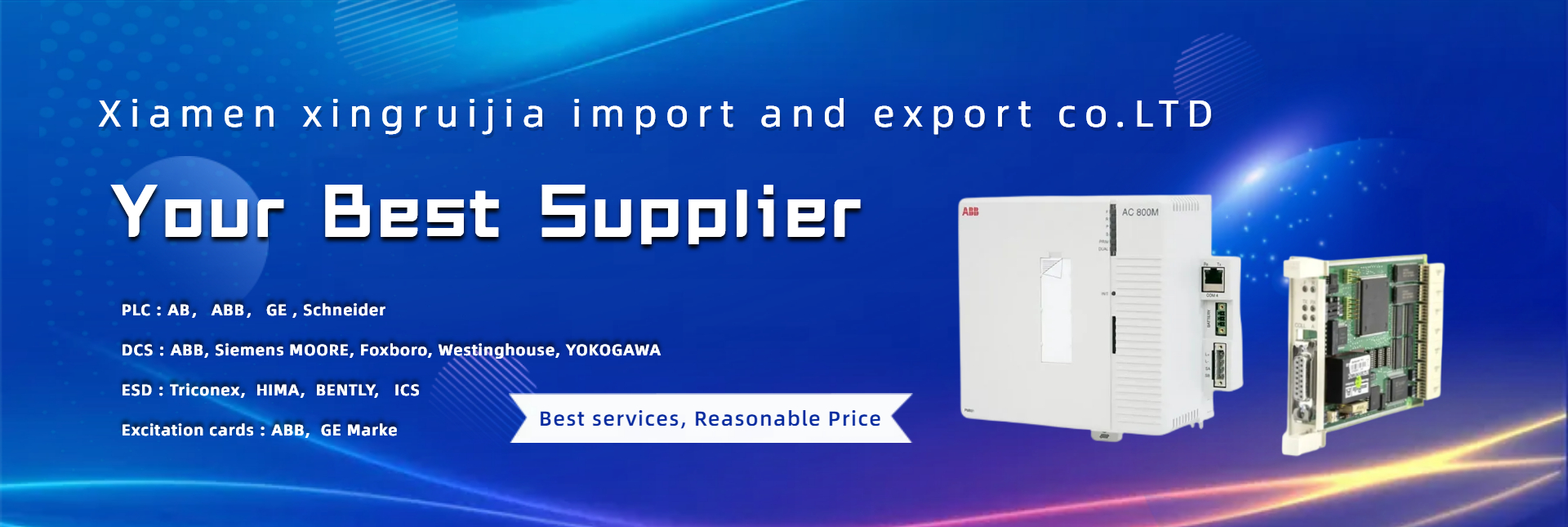ABB releases the “Energy Transformation Equation” series of reports – Water Industry Report (Chinese version), which introduces how automation and digital technology can help wastewater treatment companies reduce carbon emissions by up to 2000 tons per year
Research conducted by ABB indicates that to achieve the United Nations’ water targets by 2030, an additional 8.56 billion cubic meters of wastewater treatment capacity and additional investment in 469 wastewater treatment facilities are required globally each year
Early integration of technology to improve wastewater treatment efficiency is a top priority
ABB has released the first report in the “Energy Transformation Formula” series – the Water Industry Report (Chinese version). The report emphasizes the significant role of technology in reducing carbon emissions and implementing energy transformation in the water industry to achieve sustainable development goals. In addition, research conducted by ABB has shown that to achieve the United Nations water goals, an additional 8.56 billion cubic meters of wastewater treatment capacity and additional investment in the construction of 469 wastewater treatment facilities are required globally every year. This is the data obtained from an independent study conducted by ABB before World Water Day on March 22, 2023.
As the United Nations prepares to report on the progress of its Sustainable Development Goals (SDGs), ABB has focused on studying SDG specific goal 6.3. SDG 6.3 refers to improving water quality by 2030 by reducing pollution, eliminating waste dumping, minimizing the discharge of hazardous chemicals and materials, halving the proportion of untreated wastewater, and significantly increasing global waste recycling and safe reuse. United Nations data also shows that approximately 2.2 billion people worldwide have long-term access to safe drinking water, and nearly 4.2 billion people do not have safe sanitation facilities.
However, wastewater treatment requires a significant amount of energy consumption, with the entire wastewater treatment industry consuming approximately 3% of global energy output and producing over 1.5% of global greenhouse gas emissions.
This study indicates that we still need to make more efforts to help achieve the United Nations water goals and accelerate the resolution of water scarcity issues, “said Brandon Spencer, President of ABB Energy Industry. But achieving the goal of wastewater treatment requires adopting the most efficient and energy-saving methods possible in order to achieve sustainable development. Technology will play a crucial role in this.
Although improving wastewater treatment capacity is a top priority, early integration of technology to improve factory efficiency is also crucial. ABB’s automation, electrification, and digital solutions are helping to monitor, analyze, and manage the operation of wastewater treatment plants. By combining measurement and control solutions that collect and transmit a large amount of operational and diagnostic data, ABB systems are helping to optimize resource efficiency and reduce energy consumption.
The Development Economics research institution, which has over 20 years of research experience, used the same data as the United Nations to assess what specific measures need to be taken. Taking a wastewater treatment plant with a daily wastewater treatment capacity of 50 million liters as the reference baseline, an additional 469 wastewater treatment facilities need to be built each year – equivalent to 3.4 million Olympic swimming pools.
A 2021 wastewater collection, treatment, and reuse assessment report highlights the challenges faced by the United Nations SDG Goal 6.3. The United Nations uses this study to conclude that 48% or 171.3 billion cubic meters of wastewater are collected or untreated annually. To achieve SDG goal 6.3, which is to halve the proportion of untreated wastewater by 2030, the above two data needs to be reduced to 24% and 85.65 billion cubic meters.
ABB’s “Energy Transformation Equation” report analyzes how to optimize wastewater use and alleviate water supply pressure by better integrating automation and digital technologies:
Wastewater treatment plants can reduce carbon emissions by up to 2000 tons per year
There are over 50000 wastewater treatment plants worldwide, with an expected annual emission reduction of over 100 million tons of carbon dioxide
By applying automation and digital solutions, water companies can reduce carbon emissions, saving up to $1.2 million in operating expenses per factory per year
ABB Process Automation Division is a provider of automation, electrification, and digitization services for the process industry and hybrid industries, providing users with a wide range of products, systems, and end-to-end solutions, including distributed control systems, software, lifecycle services, industry-specific products, as well as measurement and analysis, shipbuilding products, and solutions. With deep industry accumulation, diversified teams, and globalized resources, ABB Process Automation Division is committed to helping users improve market competitiveness, increase investment returns, and achieve safe, intelligent, and sustainable operations.
ABB is a technology leader in the field of electrical and automation, committed to empowering a more sustainable and efficient future. ABB integrates engineering experience and software technology into a solution to optimize manufacturing, transportation, energy, and operations. With over 130 years of outstanding history, ABB’s approximately 105000 employees worldwide are fully committed to promoting innovation and accelerating industrial transformation.
Post time: Apr-04-2023


